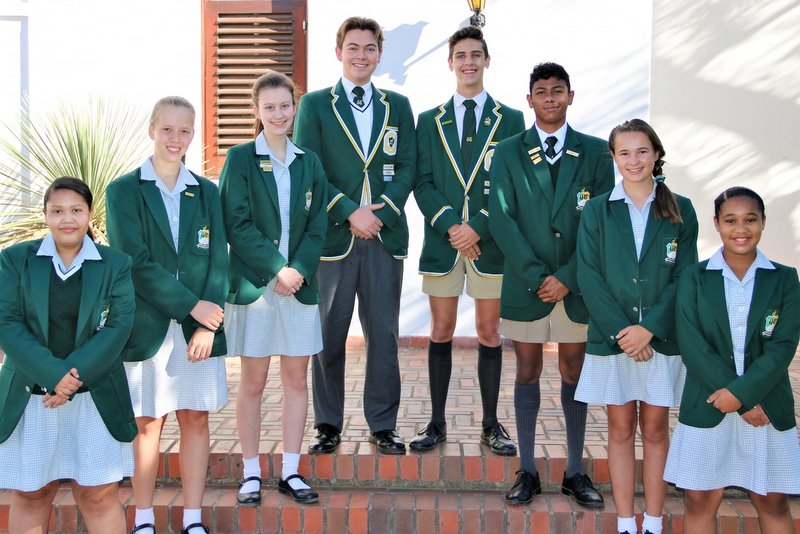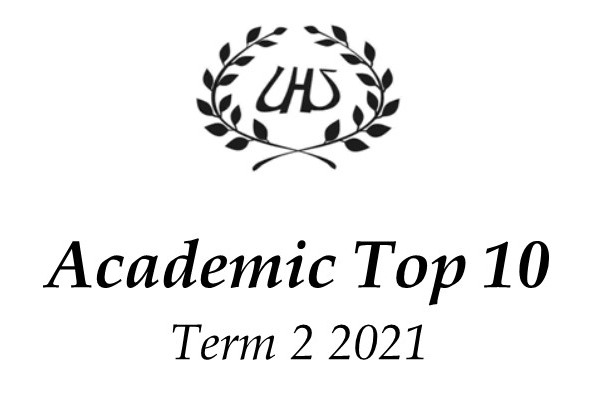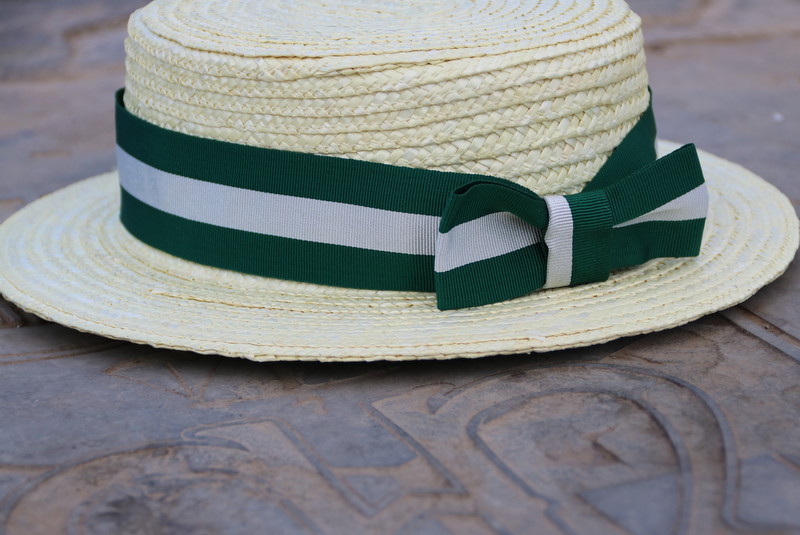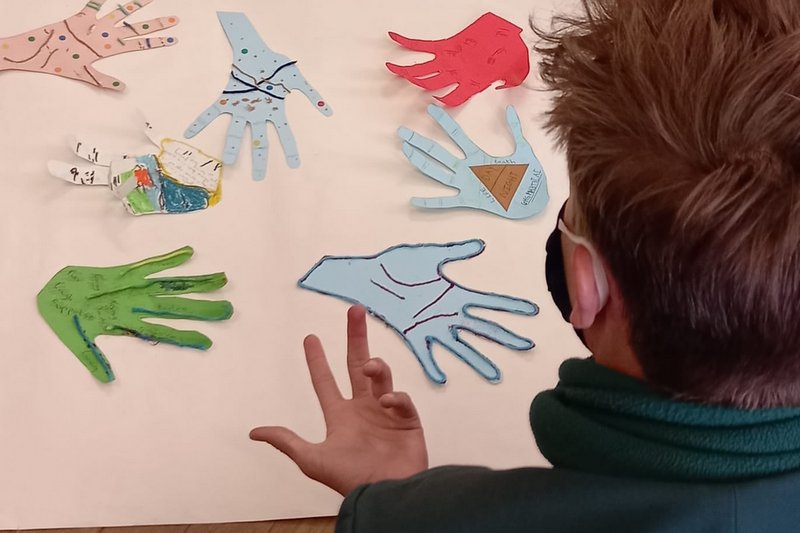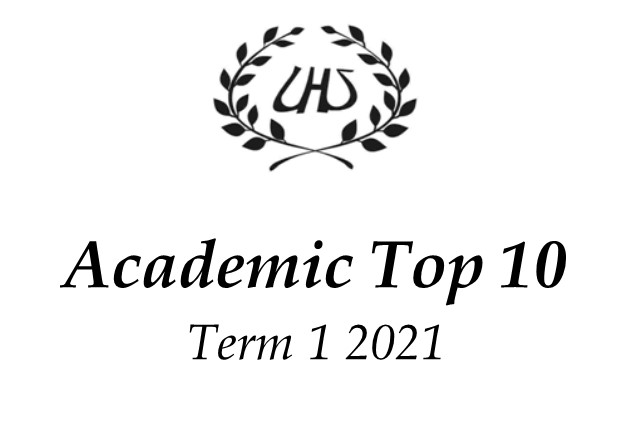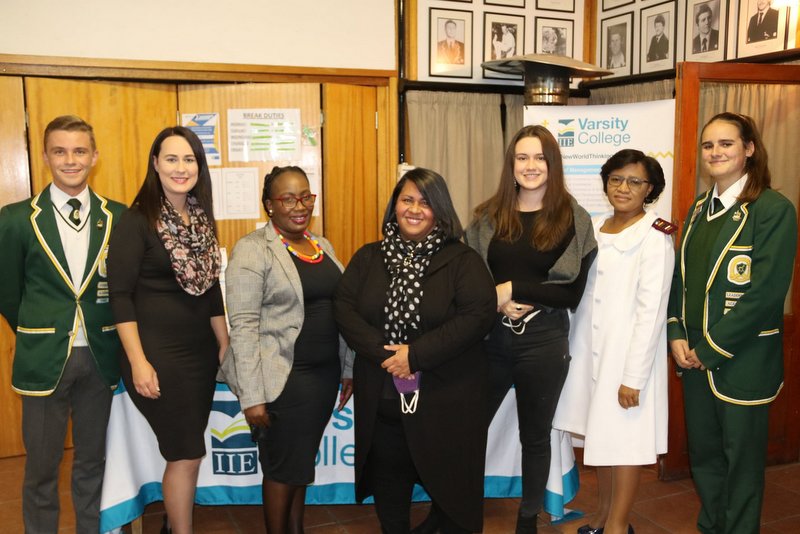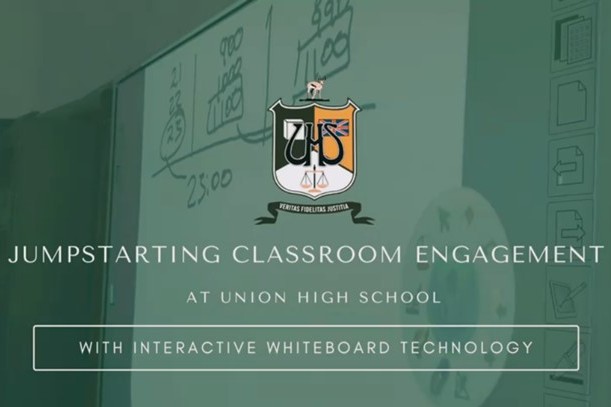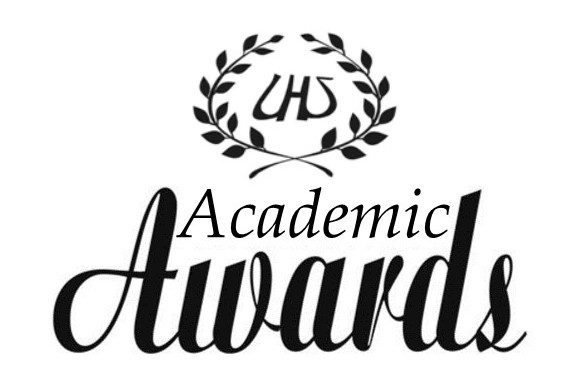
Do you find it hard to be disciplined when it comes to studying?
There are so many things competing for your attention.
It’s so much easier to text a friend or watch a video than it is to study. But while doing those things, you’re probably feeling guilty.
You think to yourself, “If only I had more self-control…”
This article lists 25 strategies to help you be a more disciplined student.
- Change your environment.
When you try to study, you may think it’s all about willpower and self-discipline.
Those things are important, but are you aware that your environment matters even more than self-control?
Some environments make it difficult to study. For example, if there’s someone in the next room playing music or talking loudly, it will be hard for you to get to work.
Even studying in your bedroom can be hard if you’re surrounded by distractions.
In contrast, have you noticed how easy it is to study when you go to a library?
In a library, there’s an atmosphere of quiet concentration – everyone is focused on their work. That’s the kind of atmosphere that will help you to be a productive student.
Of course, you don’t necessarily have to go to the library.
You could go to a different room in your house that you use exclusively for studying. If there’s a place like that in your house, it will remind you of your purpose – you’re there to study.
As such, you’ll get a lot more done.
- Do one small thing every day that you dislike doing.
Of course, willpower is still an important part of being a disciplined student. After all, studying requires effort and focus.
These are things that don’t come naturally to most of us. You may even find yourself resisting the idea of studying.
This is where willpower comes in.
You can build up your willpower through habits. One way to do this is to perform a small task every day that you dislike doing.
For example, you could try…
Cleaning your room
Making your bed
Taking the stairs instead of the elevator
Taking a cold or lukewarm shower
Reading a book for a few minutes instead of watching videos
When you do one small thing every day that you would prefer not to do, you’ll become more disciplined.
It’s like working out: your willpower “muscle” will get stronger every day.
- Find an accountability partner.
An accountability partner is someone who holds you to your commitments.
If you commit to studying for 90 minutes each day, your accountability partner will check in to see if you’ve followed through on this.
You’ll do the same for him or her. In other words, you’ll help each other to stay on track when it comes to your academics.
You could find an accountability partner from amongst your friends or your classmates.
- Be specific about the tasks that you plan to complete each day.
When you set study goals for each day or each week, make the goals as specific as possible.
This is crucial for two reasons.
Firstly, when you set goals, you’re programming your mind to accomplish a particular task.
Your brain needs details. Without details, your brain cannot form an image of what it is that you’re planning to accomplish. The more details you provide, the more likely it is that you’ll take action.
Secondly, you need specific goals because you need to be able to measure whether you achieved that goal.
For example, “study some chemistry” is a vague goal. You may have read through a few pages of your chemistry textbook, but how much meaningful work did you actually do?
On the other hand, “read Chapters 3 and 4 of the chemistry textbook and create summary notes” is a specific goal.
It’s a goal that’s easy to measure, and at the end of your study session, you’ll know whether you met your target or not.
- Don’t say negative things about yourself.
Negative self-talk reinforces negative behaviour.
For example, many teenagers say things like “I’m so lazy”, “I’m a procrastinator”, or “I’m just unmotivated”.
If you say these kinds of things to yourself again and again, you’ll come to believe them. This makes it even more difficult to change your behaviour.
Studies have shown that when your teacher believes you’re capable of great things, you’ll be a much more successful than if your teacher doesn’t expect much from you.
It’s the same with our own beliefs.
Negative thought patterns lead to low expectations for ourselves. We then act in a way that’s aligned with these low expectations.
So do your best not to say negative things about yourself.
Even if you think negative things about yourself, start by holding your tongue and refusing to say them out loud to others.
- Realise that there’s never a perfect time to get to work.
One thing that stops students from studying is the belief that it isn’t the perfect time to start.
This leads to procrastination because you keep waiting for the ideal moment to begin your study session.
The truth is, there’s no perfect time to get started. Waiting for that moment to arrive means that you probably won’t get to work until it’s too late.
What should you do instead? Read the next tip to find out.
- Follow a routine and schedule.
Another way to become a disciplined student is to create a routine.
For example, your routine could be that you do your schoolwork every weekday from 5 p.m. to 6:30 p.m.
Or, if you’re an early riser, your routine might be to do your schoolwork from 5:30 a.m. to 7 a.m. every weekday.
If those routines sound too restrictive to keep to every weekday, then start by following the routine only on Mondays, for instance.
Routines are about making use of the power of habit. Just as bad habits are hard to break, good habits are also hard to break.
When you have a well-established study routine, you won’t need to rely so much on motivation.
Instead of having an internal dialogue about how you should be studying, you’ll simply start your study session because it’s part of your daily routine.
- Start small and be consistent.
If you’ve had trouble being a disciplined student, it’s best to start with small changes.
For example, you could make a commitment to study for just 15 minutes each day. Doing that every day for just one week will give you more confidence in your ability to be disciplined.
From there, you can step it up to 20 or 30 minutes a day, and so on.
Begin with small changes, notice the feeling of progress, then use that feeling to take it to the next level.
You could even make a smaller commitment. If you feel a lot of resistance to studying, just make a commitment to read the notes for one minute.
The danger of setting big goals at the beginning is that there’s a strong likelihood that you won’t meet them.
You’ll then feel discouraged and your sense of having failed will feed into a self-belief that says, “I can’t do this.”
So start small and build on the progress you make. That’s the way to become a more disciplined student.
- Develop a cue for you to start each study session.
Productivity experts have identified a loop that exists in virtually every habit:
Stage 1: Cue
Stage 2: Routine
Stage 3: Reward
Let me explain.
The cue signals to your brain that it’s time to begin the routine. And the routine ends in some kind of reward.
In the gym, the reward might be the feeling of satisfaction after a workout. For a study session, the reward might be the feeling of mastering a topic or skill.
The most important part of this sequence is the cue.
The cue is what triggers the habit loop. A cue can be anything you do that you intentionally associate with starting a study session.
For instance, it could be putting on your headphones, making yourself a cup of tea, or putting a sign on your door that lets others know that you’re studying.
Experiment with finding a cue that will become part of your study “habit loop”.
With enough repetitions, that cue will trigger your study routine and you won’t have to rely on willpower to get to work.
- Take regular breaks.
If you find it hard to stay on task for long periods of time while studying, try “short-burst” learning.
This approach to learning recognises that our brains are not wired to focus on the same task for extended stretches.
In short-burst learning, you study for 20 to 30 minutes and then take a 5- to 10-minute break. Stop working when the 20 to 30 minutes are up, even if you feel you could keep going.
Repeat this process several times before taking a longer break, e.g. a break for dinner or to exercise.
Many students find that, by using this strategy, they’re able to do higher-quality work. They’re also able to get a greater quantity of work done too.
- At the end of each study session, give yourself a reward.
As mentioned earlier, habit loops always end in a reward. So it’s important to reward yourself at the end of each study session.
The reward could be something simple, e.g. listening to your favourite music for 5 minutes, doing some stretches, taking a short walk, or eating a healthy snack.
Rewards are a key part of building successful study habits.
One reason why rewards are so vital is that they allow you to divide your work into manageable “chunks”.
Each chunk of work is followed by a reward, so you’re less likely to feel overwhelmed by all the work you want to complete.
- Think about what has and hasn’t been working for you.
Another way to become more disciplined as a student is to be aware of when you are at your most productive.
Answer the following questions:
Which types of environments help you study most efficiently?
What kinds of background noise (if any) help you stay focused?
What time of day do you find it easiest to concentrate?
Do you learn better when studying one subject intensively each day, or do you prefer to study a few different subjects each day?
Do you absorb information better when reading through the material one time first, and then going back over it to take notes? Or does it work better for you to take notes during your first reading?
Is it more productive for you to take notes on a computer, or do you prefer to take handwritten notes in a notebook?
When you discover what your personal preferences are, you can use them to your advantage to develop greater self-discipline.
- Before you start work, remove every possible distraction.
It might seem obvious, but you can’t expect to study effectively if you are surrounded by distractions.
For example, if you’re working on a computer, deactivate all email and browser notifications.
In addition, here are some apps designed to create a distraction-free work environment:
Freedom (Windows, Mac, iOS, Android, Chrome): Blocks distractions across all your devices simultaneously.
Serene (Mac): Lets you choose a list of websites and apps you find distracting and block them at the beginning of your study session.
RescueTime (Windows, Mac, iOS, Android): Time management app that includes a distraction-blocker.
Listening to music can help you focus, but if the music has lyrics, it may become a distraction.
Clutter can also be a distraction. Clear your desk or work area of any mess, such as food wrappers, old notes, scrap paper, etc.
Most importantly, turn your phone off or put it on airplane mode for the duration of your study session. It’d be even better if you put your phone in another room.
You definitely shouldn’t be receiving calls or text messages while studying.
- If you anticipate an obstacle, create an alternative plan.
There may be occasional events or activities in your life that prevent you from following your usual study schedule.
For example, you may have relatives visiting from out of town or medical appointments to attend. If these events are unavoidable, be sure to plan around them.
When you break your study routine, it can be hard to re-establish it.
So be proactive and make alternative study arrangements ahead of time. That way, you can keep up with your schoolwork despite these interruptions.
Be specific about what you’ll change in your schedule. Write down any upcoming events in your calendar and block out alternative time slots for when you’ll complete your schoolwork.
- Exercise regularly.
Aerobic exercise will help you to stay focused during your study sessions.
Research shows that exercise results in neurogenesis – the creation of new brain cells.
Exercise also helps to improve the connections between existing brain cells, so that your brain works more efficiently.
Studies have shown that after aerobic exercise, problem-solving, memory and attention all improve.
So aim to exercise every day for at least 20 to 30 minutes. This will enable you to build self-control, increase your sense of well-being, and learn faster.
- If you feel guilty about your past failures, forgive yourself.
Sometimes regret or shame about the past can prevent you from forming new habits or turning over a new leaf.
That’s why you must free yourself from negative feelings about the past.
Whatever may be haunting you from the past, forgive yourself for it. Understand that you did the best you could at that time.
One way to forgive yourself and move on is to recognise that mistakes are part of learning. Without mistakes, there can’t be long-lasting learning.
Instead of dwelling on the mistake, identify what you learned from it and how it helped you to grow.
When you feel overwhelmed by self-critical thoughts about the past, write them down on a piece of paper. Then, on the other side of the paper, write a compassionate response to each point of self-criticism.
Remember that forgiveness is a powerful healing force, whether you apply it to yourself or others.
- Write down exactly why you want to be a more disciplined student.
To be a disciplined student, you must have a clear purpose for why you want to study hard.
When you’re clear about your purpose, you’ll find it much easier to make commitments and keep to them.
Take a piece of paper and list all the reasons you want to become a disciplined student.
When making your list, try not to focus on the end result, such as “so that I can become a doctor” or “so that I can be a straight-a student”.
There’s nothing wrong with having such goals, but try to focus on how you want to develop as a person. By doing so, you’ll develop deeper motivation and determination.
Here are some examples of things you might put on your list:
I want to challenge myself.
I want to develop more self-control.
I want to expand my mind.
I want to cultivate a spirit of professionalism as a student.
I want to pursue excellence.
I want to make a contribution to society.
I want to build resilience.
The goal is to develop a genuine love for learning, rather than continually thinking about the outcomes you want to achieve.
- Remember that nobody is disciplined 100% of the time.
We’ve talked a lot about how to be more focused, disciplined and organised. But it’s important to not be obsessed with perfection.
Remember that no one is disciplined all the time.
You might give in to distractions once in a while, or you might find yourself daydreaming on occasion.
This is nothing to be ashamed of because even the most disciplined student sometimes loses concentration.
The key is to consistently get back on track, one study session at a time and one day at a time.
- Time your work sessions and breaks.
By timing your work sessions and breaks, you’ll become more intentional about how you’re spending your time.
You’ll also take the emphasis off of the work and place it on the effort you’re putting in.
You’re reminding yourself that the act of working for, say, the next 30 minutes is what’s important. Because if you complete enough focused 30-minute study sessions over the course of a day, you’ll finish all the necessary work.
Sometimes, you’ll feel as if you achieved a lot during a work session. Other times, you’ll feel as if you didn’t get that much done.
But that’s not what matters in the long run. If you develop the habit of working at set times for set periods, you’ll become more and more disciplined.
By timing your breaks as well, you won’t take breaks that are far longer than you intended.
- Join a study group consisting of self-motivated students.
A study group can offer some of the same benefits as having an accountability partner.
When you study in a group, the other students in the group will keep you on task and remind you of your commitments.
Surrounding yourself with self-motivated students will have a positive impact on you. This is because we are shaped by the people we spend time with.
Here are some other benefits of joining a study group:
You can compare class notes. You may have missed certain details while taking notes, but you can make up for this by comparing notes with members of your study group.
You can discuss the material. A study group gives you the opportunity to discuss the course material and think deeply about the concepts you are learning.
It makes studying more fun. Studying can be an isolating experience when it involves long periods of working on your own. But having a study group makes it a social activity that’s more enjoyable.
- Use technology to help you stay on track.
When you’re studying several different subjects, there may be a lot of tasks, resources, etc. that you need to keep track of.
The good news is that there are many online task management tools to help you stay organised.
Here are some online tools you can try out:
Trello: Helps you organise various projects and tasks easily.
Google Keep: Note-taking app that makes it simple for you to create lists and reminders.
Any.do: Productivity tool that you can use to organise your tasks and lists.
Habitica: Productivity app that uses gamification to help motivate you to achieve your goals.
BlockSite: App that enables you to become more focused by removing online distractions.
Forest: App that turns study sessions into a game, which will encourage you to concentrate for longer.
Tide: App that allows you to set up personalised study sessions, with a wide range of background sounds to choose from.
- Every day, write down the tasks you’ve completed.
At the end of each day, spend a few moments reviewing what you’ve done that day. Make a note of all the tasks you completed, however small.
If you prefer, you can keep a running list of the tasks you’ve completed as you go along.
By writing down what you’ve accomplished, you’re reminding yourself that you’re making progress. This positive feeling will spur you on to develop even more self-discipline.
- One day a week, don’t do any studying at all.
“All work and no play makes Jack a dull boy.”
This is an old adage that contains a piece of timeless wisdom.
When you study hard for extended periods of time, you’re drawing energy and mental resources from a well. This well needs to be replenished periodically.
This is why an essential part of being a disciplined student is having downtime.
You could spend this downtime with your family, doing volunteer work, engaging in religious activities, or going for a walk in nature.
If you set aside one day a week where you don’t do any schoolwork or studying at all, you’ll find that the other days of the week will be more productive.
You’ll also look forward to the one day a week where you get to fully recharge.
- Simplify your life and make as few decisions every day as possible.
Studies have shown that making decisions is tiring. Making too many decisions each day can lead to “decision fatigue”.
This is why, for example, some highly productive people – like former US President Barack Obama and Facebook co-founder Mark Zuckerberg – limit their clothing choices to one or two basic outfits.
This reduces the number of choices they have to make each day.
A good strategy is to pre-decide things that would otherwise require daily decision-making.
For example, you can pre-decide what you will wear each day by having two alternating outfits. You can also pre-decide what you will eat for lunch each day by creating a fixed menu for each day of the week.
You can even pre-decide your workouts for the week.
As you pre-decide as many things as possible, you’ll simplify your life. This will leave you with more energy and willpower to focus on becoming more disciplined.
- Be a technology minimalist.
We live in a cluttered world, which explains why minimalism is a movement that’s gaining momentum.
Some minimalists go as far as to reduce their possessions to a list of just 100 items.
You don’t need to be that extreme, but I recommend that you at least start by removing the digital clutter in your life.
For example, you can:
- Decide to use only one social media app (or none at all)
- Delete all apps on your phone that you haven’t used in the past month
- Stop checking email on your phone completely
- Remove as many of your computer desktop icons and folders as possible
- Unsubscribe from email newsletters that you don’t read
- Clutter makes it difficult to think clearly, which impedes your progress toward becoming a more self-disciplined student.
Conclusion
We’re confident that the tips in this article will help you to become more disciplined.
Of course, you don’t need to implement all the tips at once.
Just take three or four of these tips and put them into practice.
When you see some positive results, come back to the article and implement a few more tips.
Remember to set small goals at the start.
As you make progress, you’ll have the confidence to take on bigger goals.
Get started today – it’s a journey of personal growth as a student that you won’t regret taking!
Source: Equipping Students to Be Successful & Happy by Daniel Wong. Visit https://www.daniel-wong.com/start-here/ for more.
Grade 12 Top 10
- James Rose-Innes
- Kyle-Luke du Preez
- Melissa Swart; Hannah Watermeyer
- Amozolele Relu
- Mekisha Manzana
- Petra Japhta; Catelyn Anthony
- Jarrod Naude
- Shayna Japhta; Lungile Netnou
Grade 11 Top 10
- Kendall Krige
- Grace Merifield; Kathryn Odendaal
- Matthew Basson
- Amber Binney
- Hannah Bodenstein
- Marli Brummer; Daniel Nell; Jamie Japhta
- Chloe Shires
Grade 10 Top 10
- Caitrin Spence
- Siphosethu Malotana
- Cadee Arends
- Gemma Naude
- Brigette Oelofsen; Trinity West
- Anna Pringle; Siyamthanda Desha
- Andrue Victor
- Sinazo Soyana
Grade 9 Top 10
- Na’eem Mahomed; Caytah-Leigh Koeberg
- Joy Merifield
- Charlize Vorster
- Sade May
- Joshua Neill; Jayden Swart; Tyra Binney
- Johannes du Plessie; Ethan Linch
Grade 8 Top 10
- Erin Gedult
- Tara Ferreira
- Megan Nortje; Kenza Neill
- Sasha Cochrane; Sarah Jacobs
- Aaminah Steele
- Kananelo Kometsi; Jayden Eiman; Muhammad Ahmed
Grade 7 Top 10
- Katelyn Trollip
- Ciara Kivedo
- Samantha Charles
- Amber Bezuidenhout
- Josh Arends
- Taegan Hamid; Anebel Norval
- Jade Palmer
- Xarah Hoffman
- Lisa Vutula
Grade 6 Top 10
- Anna Stocks; Aimee Short
- Tara Piercey
- Amber Slater
- Zack Verwey
- Kirsten Collet
- Sixolile Singeni; Emma Gibbons
- Richard Murray; Nasreen Foster; Jennavieve Woods
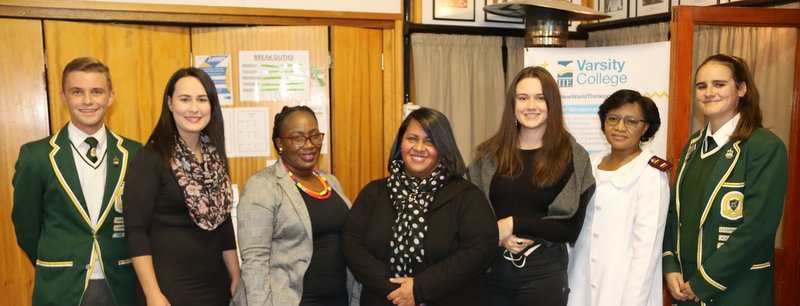
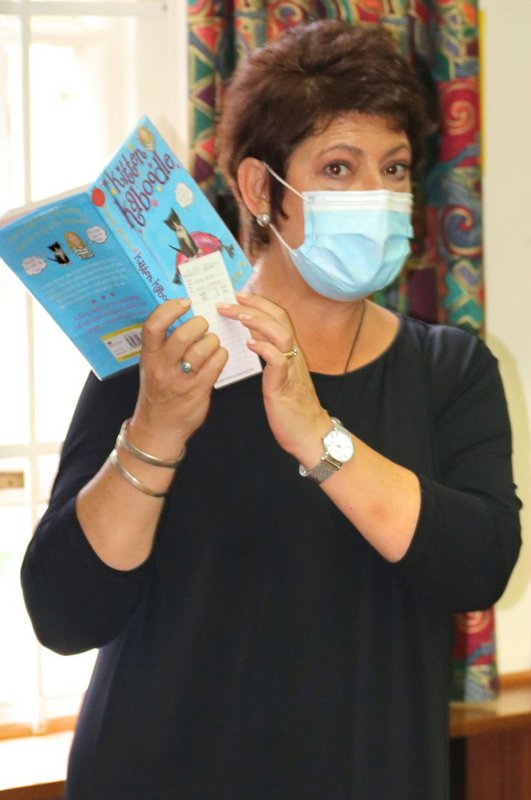
Grade 6
Kirsten Collett
Nasreen Foster
Tara Piercy
Aimee Short
Amber Slater
Grade 7
Josh Arends
Amber Bezuidenhout
Samantha Charles
Taegen Hamid
Ciara Kivedo
Jade Palmer
Katelyn Trollip
Grade 8
Muhammad Ahmed
Sasha Cochrane
Zara Deysel-Douman
Tara Ferreira
Erin Gedult
Kenza Neill
Megan Nortje
Grade 9
Caytah-Leigh Koeberg
Na’eem Mahomed
Sade May
Joy Merifield
Joshua Neill
Charlize Vorster
Grade 10
Cadee Arends
Lana Bouwer
Siyamthanda Desha
Jenna-Lee Jansen
Tayla Kingwill
Siphosethu Malontana
Gemma Naude
Brigette Oelofsen
Anna Pringle
Simone Prinsloo
Caitrin Spence
David Venter
Andrue Victor
Trinity West
Grade 11 Half Colours
Amber Binney
Alexandra Imrie
Chloe Shires
Grade 11 Full Colours
Matthew Basson
Kendall Krige
Matthew McNaughton
Grace Merifield
Kathryn Odendaal
Grade 12 Half Colours
Catelyn Anthony
Kyle-Luke du Preez
Petra Japhta
Litha Mngoma
James Pringle
Grade 12 Full Colours
Mekisha Manzana
Amzolele Relu
James Rose-Innes
Melissa Swart
Hanna Watermeyer
